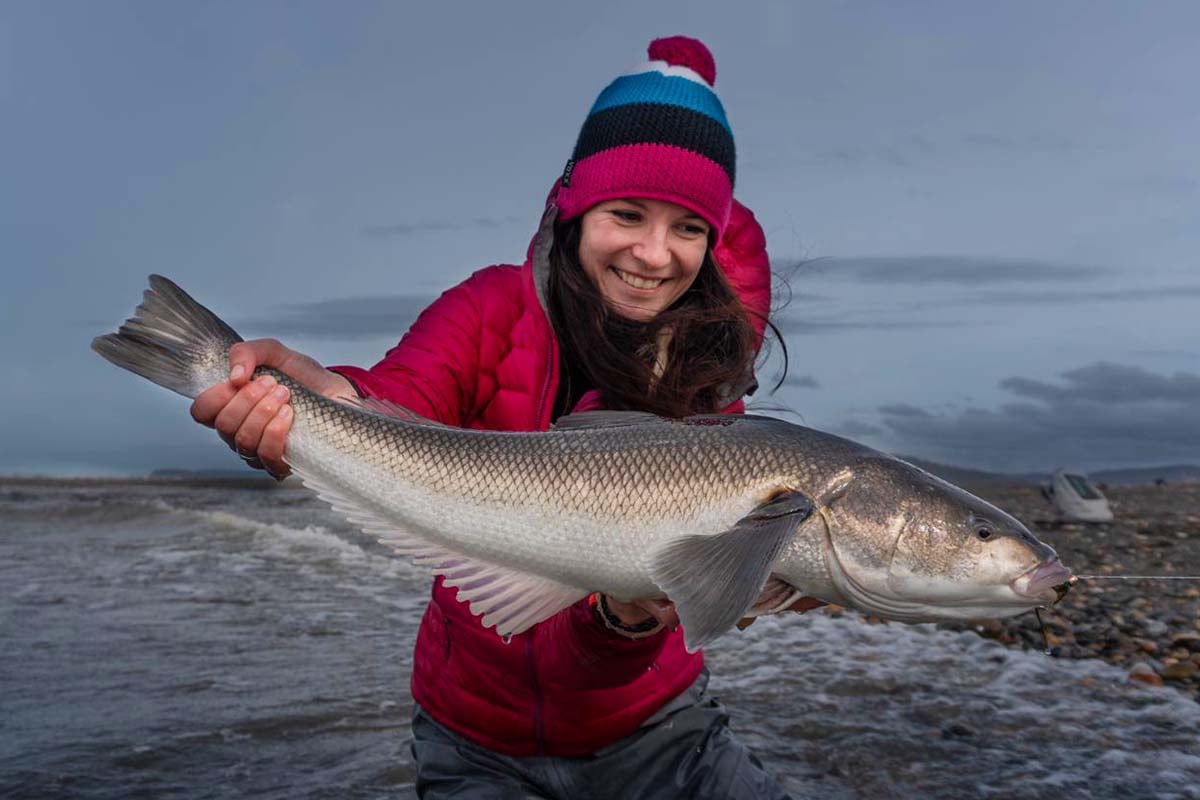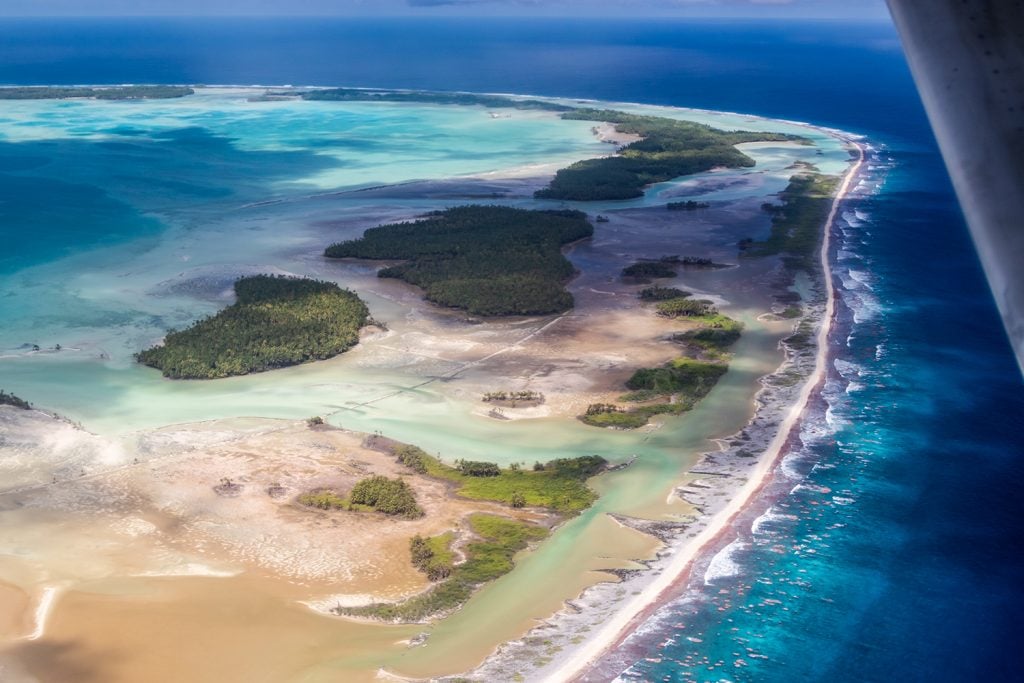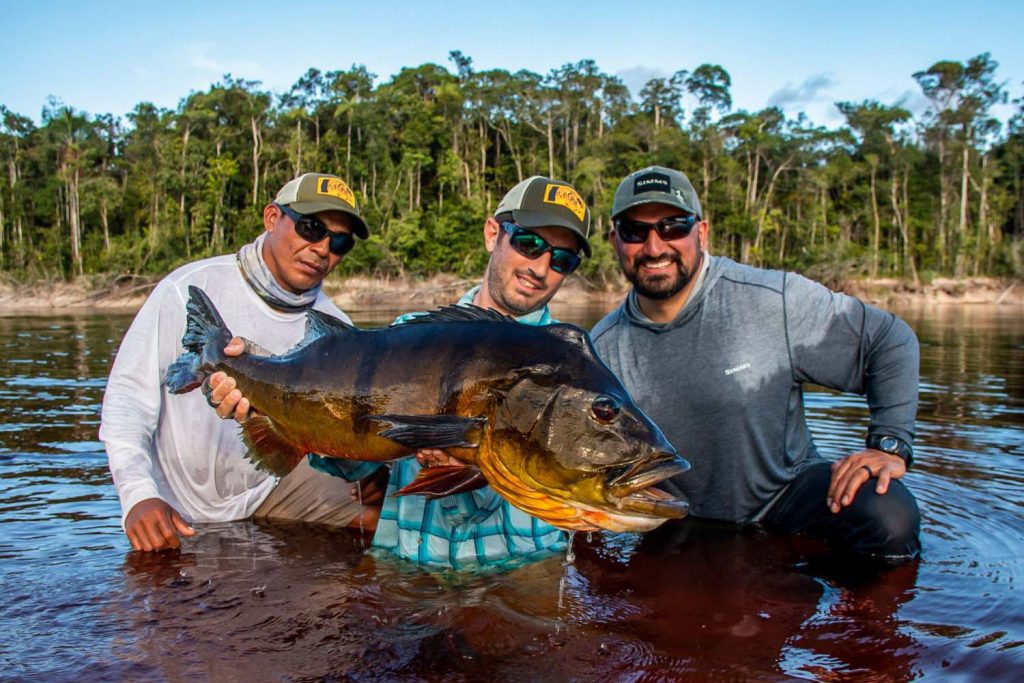Species: Robalo
Scientific Name: Eleginops maclovinus
Also known as: Patagonian Blennie, Rock Cod, Falkland Mullet.
The Robalo, also known as the Patagonia Blennie, Rock Cod and Falkland Mullet, is a saltwater fish found in South America. They resemble a European Sea Bass and are a South Atlantic cousin of the Common Snook. They are blue and brown in appearance with a silvery yellow belly, while both dorsal fins are greyish and the caudal fin brown, with yellowy tips. Their first dorsal fin features seven to eight spines (like that of a Sea Bass), while their second dorsal fin is soft, with between twenty-three to twenty-seven soft rays. Their anal fin is light brown. They can live for up to ten years and are actually hermaphrodites, meaning they can change their sex during their lifetime. One study estimated this change occurs between two and seven years.
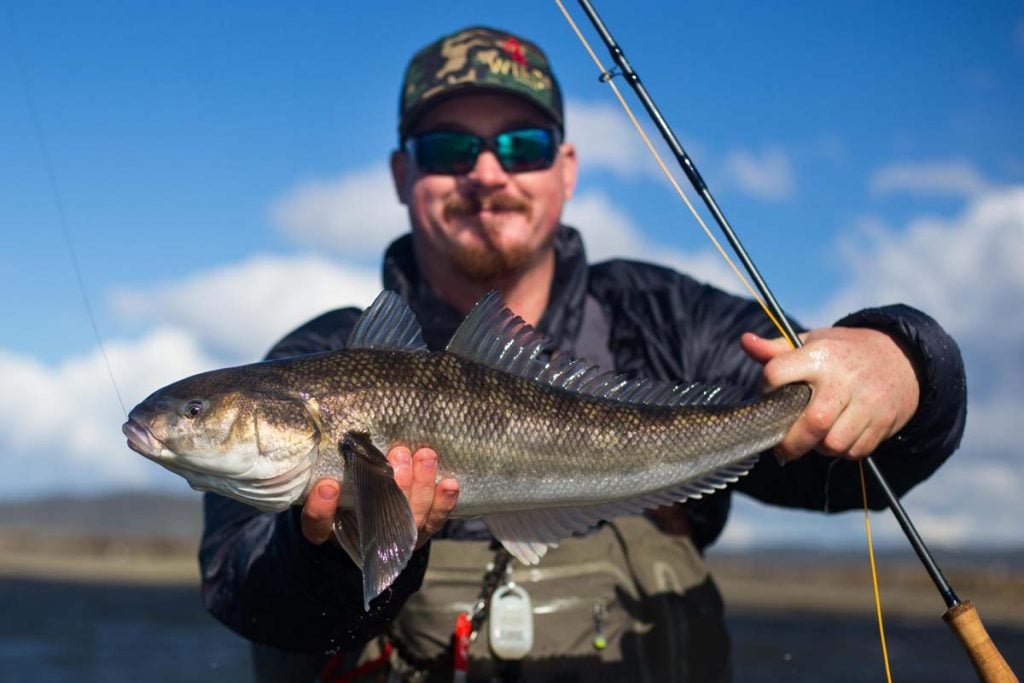

WHERE TO CATCH ROBALO
Robalos get found in coastal and estuarine habitats and tidally influenced rivers around the southernmost tip of South America. They cover areas from the southeastern Pacific and southwestern Atlantic Ocean from Valparaiso in Chile south to Tierra del Fuego and north along the coast of Patagonia in Argentina. They also get found in the Falkland Islands, where they are trendy species, even appearing on a stamp issued by the territory in 1994. In fact, their scientific name, Maclovinus, means ‘belonging to the MacLove Islands’, an old name given to the Falklands. In parts of Chile, they have also been used in trials to help clean sea lice from Salmonids in aquaculture.
One of the best destinations for anglers wishing to target and catch one is Worlds End Lodge in Argentina, with the mighty Irigoyen River and its more minor tributary, the Malenguena, home to good populations. The Robalos can be caught in good numbers on the first few beats before the rivers empty into the Atlantic Ocean.
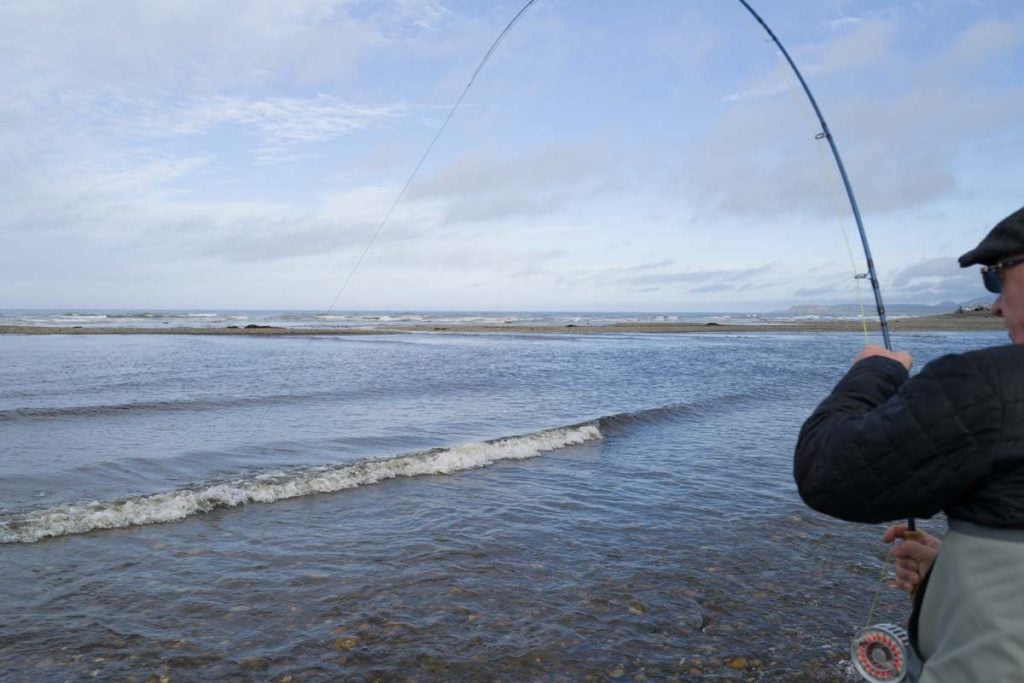

AVERAGE SIZE OF A ROBALO
The Robalo can grow to over 20lb in weight and 100cm+ in length, but the average size encountered by fly fishing anglers is between 5lb and 10lb. They are omnivores, tending towards carnivores and are opportunistic feeders, preying on crustaceans, worms, small baitfish and octopuses. However, their exact diet will depend on what’s available and the habitat in which they live.
They are a popular table fish and often get netted for their nutritious meat. However, it’s believed that this has not always been the case, as the indigenous people of Tierra del Fuego never consumed them. Instead, it’s suggested they may have had some religious significance.
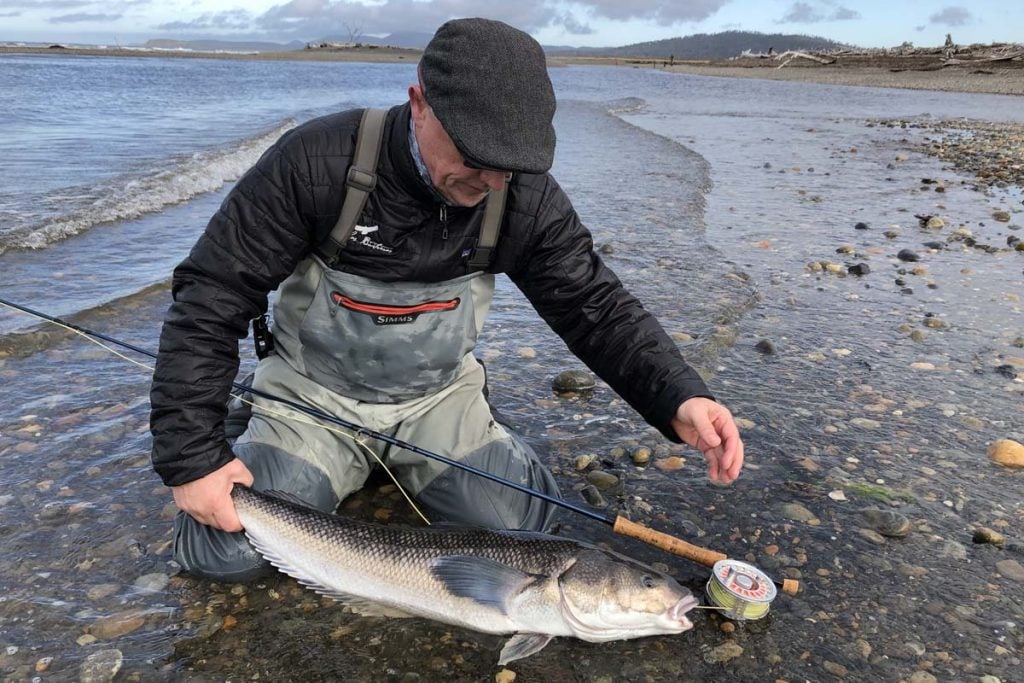

HOW TO CATCH ROBALO
Most Robalo get caught by anglers targeting Sea Trout. Although they are only sometimes a primary target for travelling rods, they are exciting, fighting hard and providing great sport on balanced fly fishing tackle. They are an excellent option on days when the Sea Trout aren’t feeding or when the weather and conditions are unsavoury.
A rod between a 6-weight and 9-weight is sufficient, and a floating line is also preferred, although depending on the tide run, a 10ft sink tip from standard intermediate to super fast will often get you more bites. Most fish feed on worms and critters on the bottom, so it’s best to fish your fly in this way, imitating a food item. Long, slow strips are the order of the day, but be ready when you strike, as these fish pack a punch.
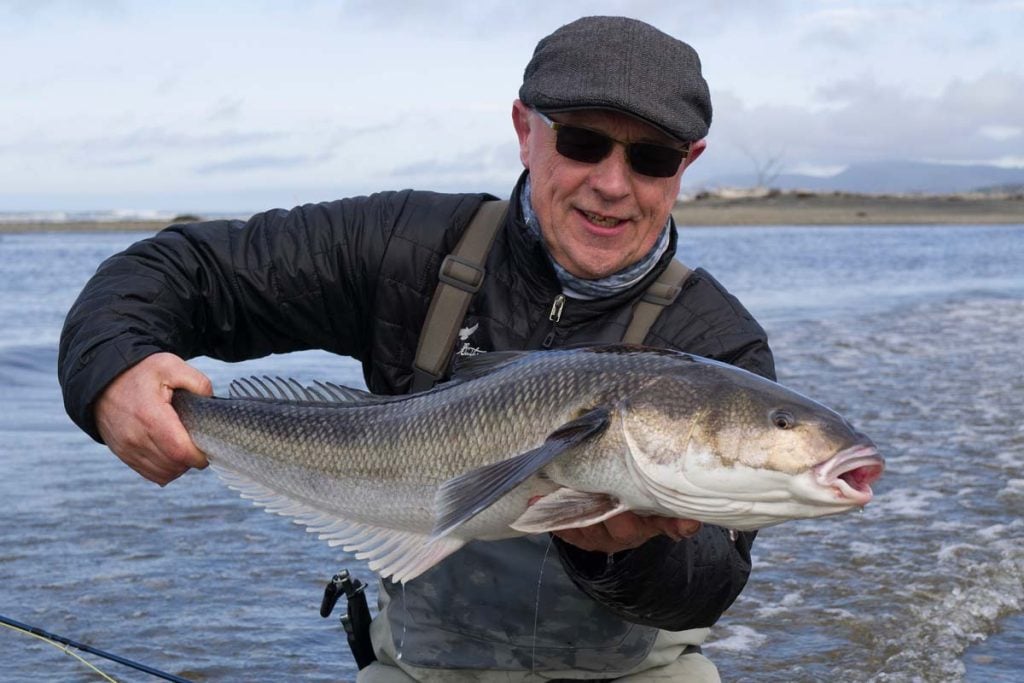

Contact US
If you’ve always wanted to catch a Robalo on the fly, we have a range of destinations in South America where we can make this happen. Our freshwater fly fishing lodges in Argentina are considered some of the best in the world, with incredible fishing opportunities. If you’d like to learn more or enquire about a trip, contact Peter Collingsworth on 01603 407596 or via email at peter@sportquestholidays.com.
